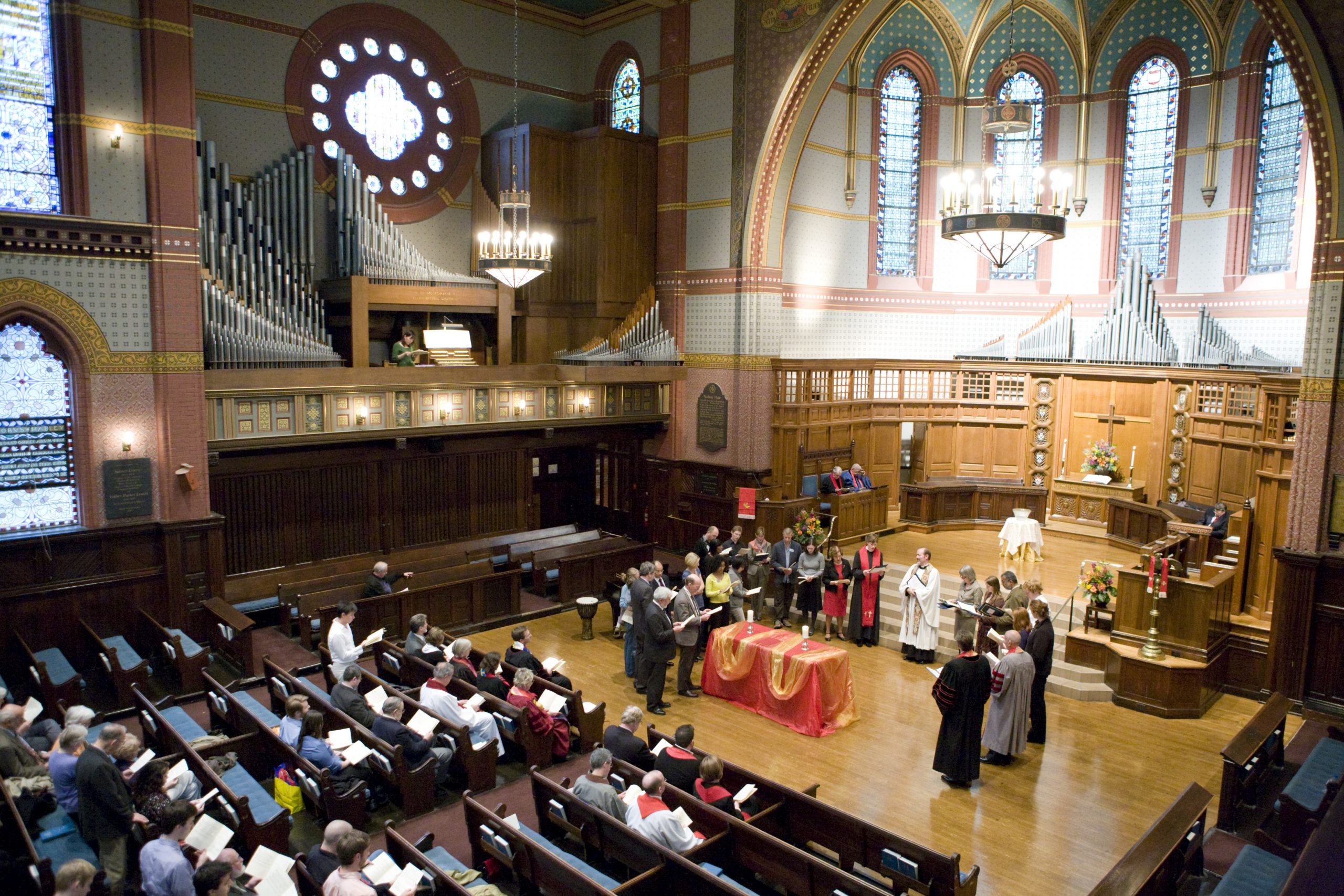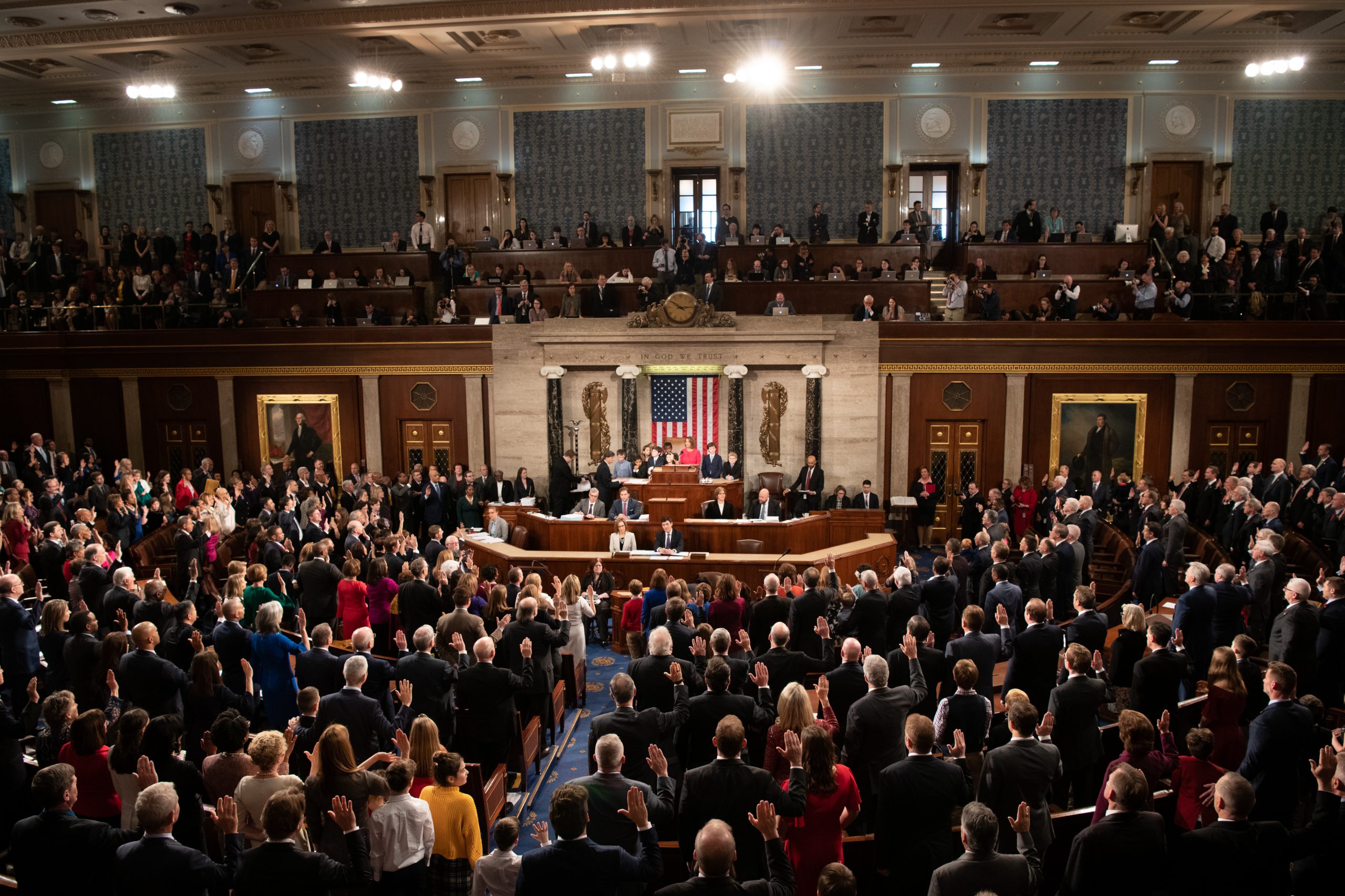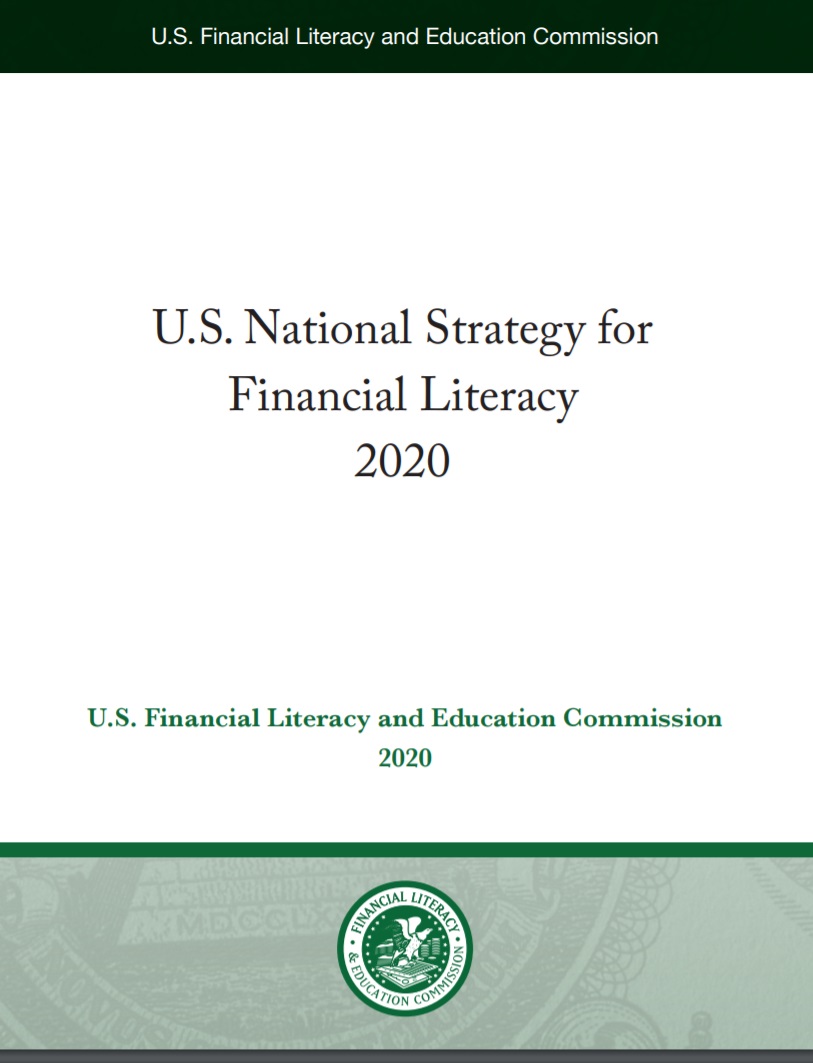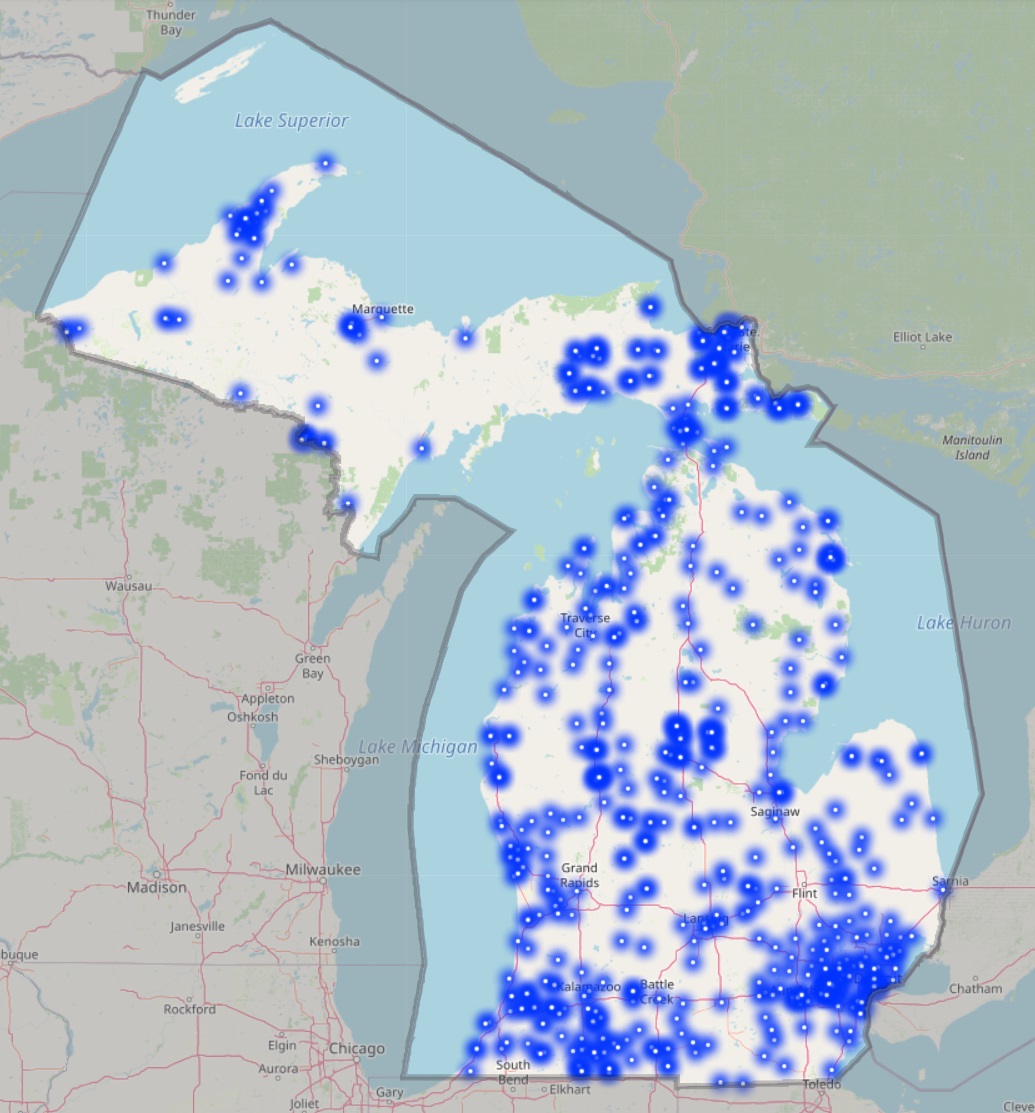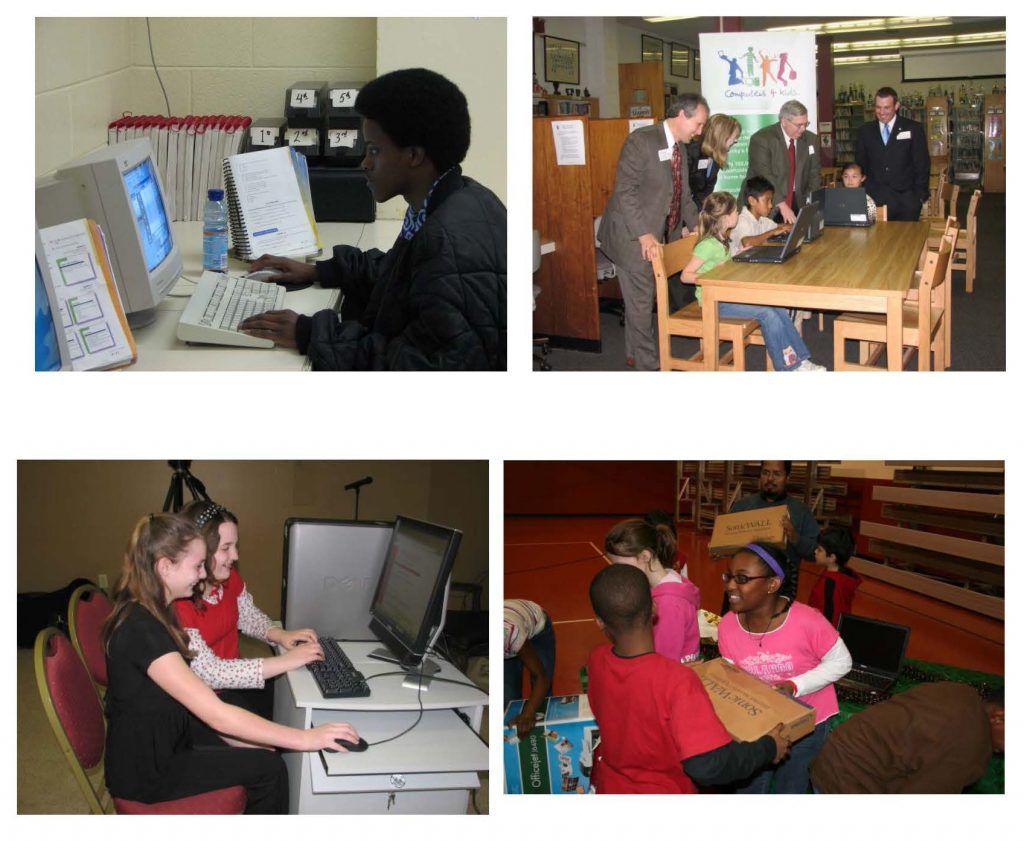Common Data Dictionary
- Home Page 442

GPS-Free Backup for Timing Systems
This content is accessible to paid subscribers. To view it please enter your password below or send mike@standardsmichigan.com a request for subscription details.
Readings / Mark 10:17-31
Mark 10:17-31 King James Version:
17 And when he was gone forth into the way, there came one running, and kneeled to him, and asked him, Good Master, what shall I do that I may inherit eternal life?
18 And Jesus said unto him, Why callest thou me good? there is none good but one, that is, God.
19 Thou knowest the commandments, Do not commit adultery, Do not kill, Do not steal, Do not bear false witness, Defraud not, Honour thy father and mother.
20 And he answered and said unto him, Master, all these have I observed from my youth.
21 Then Jesus beholding him loved him, and said unto him, One thing thou lackest: go thy way, sell whatsoever thou hast, and give to the poor, and thou shalt have treasure in heaven: and come, take up the cross, and follow me.
22 And he was sad at that saying, and went away grieved: for he had great possessions.
23 And Jesus looked round about, and saith unto his disciples, How hardly shall they that have riches enter into the kingdom of God!
24 And the disciples were astonished at his words. But Jesus answereth again, and saith unto them, Children, how hard is it for them that trust in riches to enter into the kingdom of God!
25 It is easier for a camel to go through the eye of a needle, than for a rich man to enter into the kingdom of God.
26 And they were astonished out of measure, saying among themselves, Who then can be saved?
27 And Jesus looking upon them saith, With men it is impossible, but not with God: for with God all things are possible.
28 Then Peter began to say unto him, Lo, we have left all, and have followed thee.
29 And Jesus answered and said, Verily I say unto you, There is no man that hath left house, or brethren, or sisters, or father, or mother, or wife, or children, or lands, for my sake, and the gospel’s,
30 But he shall receive an hundredfold now in this time, houses, and brethren, and sisters, and mothers, and children, and lands, with persecutions; and in the world to come eternal life.
31 But many that are first shall be last; and the last first.
Garch Models
This content is accessible to paid subscribers. To view it please enter your password below or send mike@standardsmichigan.com a request for subscription details.
Stay Procedure for Nonimmigrant Academic Students
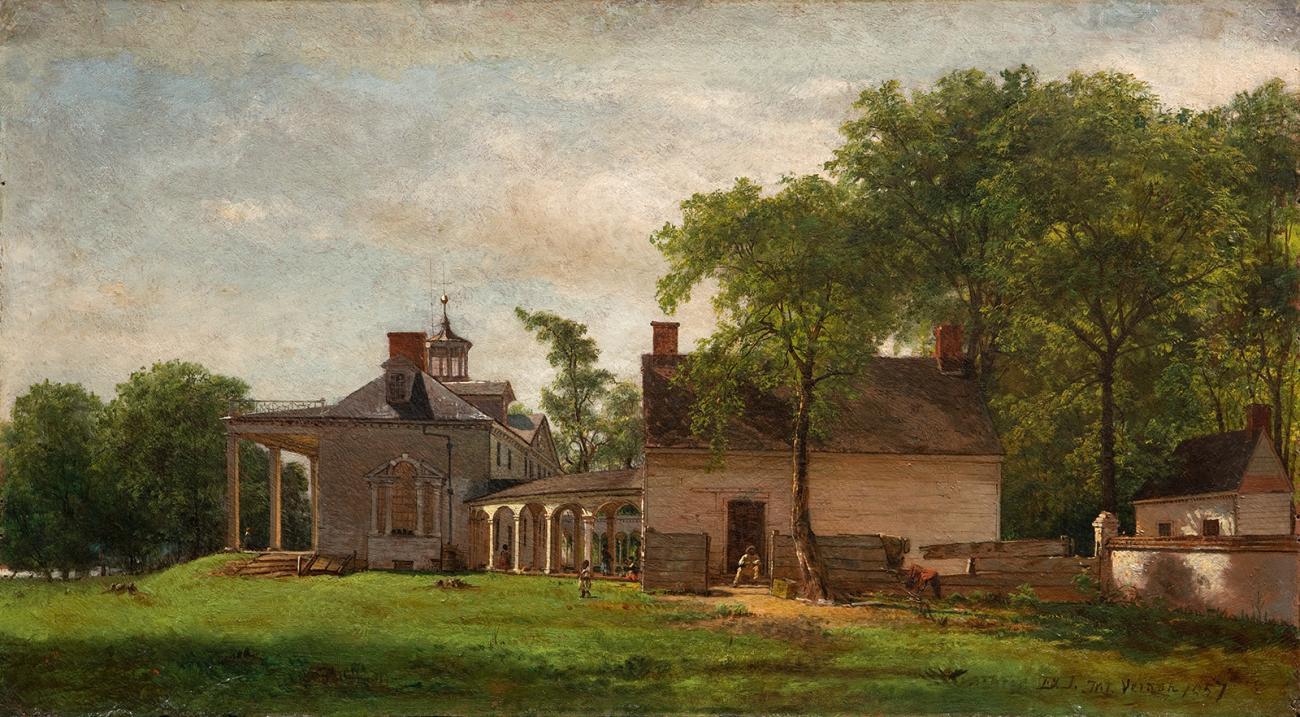
“The Old Mount Vernon” 1857 Eastman Johnson | Smithsonian Institution | Photo Courtesy of the Mount Vernon Ladies’ Association
“In fiscal year 2018, the Department of Homeland Security (DHS or the Department) admitted over 2 million foreign nationals into the United States in the F academic student, J exchange visitor, and I representatives of foreign information media nonimmigrant categories. This is a testament to the United States’ exceptional academic institutions, cutting-edge technology, and environment that promotes the exchange of ideas, research, and mutual enrichment…”
Comments due October 26th.
Sample public comment:
Deus ex machina
This content is accessible to paid subscribers. To view it please enter your password below or send mike@standardsmichigan.com a request for subscription details.
Michigan Hotspots
![]()
The Michigan Public Service Commission is reminding Michigan families about the State of Michigan and Connected Nation Michigan’s statewide map of Wi-Fi hotspots for families who lack internet access at home. For many Michigan schoolchildren, this is back-to-school week, with the COVID-19 pandemic leading many school districts to educate children remotely from home.
Standards Pennsylvania Workspace
This content is accessible to paid subscribers. To view it please enter your password below or send mike@standardsmichigan.com a request for subscription details.
New update alert! The 2022 update to the Trademark Assignment Dataset is now available online. Find 1.29 million trademark assignments, involving 2.28 million unique trademark properties issued by the USPTO between March 1952 and January 2023: https://t.co/njrDAbSpwB pic.twitter.com/GkAXrHoQ9T
— USPTO (@uspto) July 13, 2023
Standards Michigan Group, LLC
2723 South State Street | Suite 150
Ann Arbor, MI 48104 USA
888-746-3670




